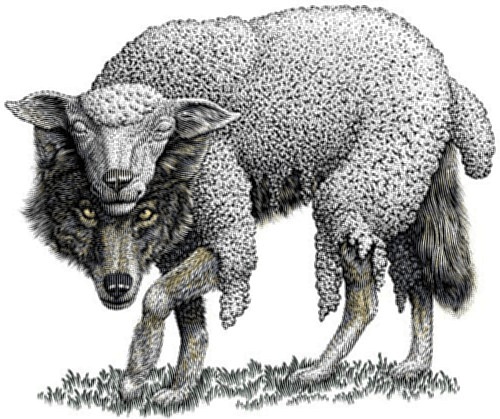
The Church of Christ is called “Catholic” because it’s the Greek word for universal. The term was coined by Saint Ignatius of Antioch in the first century. The Church is universal because it welcomes all people whether young or old, rich or poor, male or female, healthy or sick, from every nation, speaking every language and from every race, but the Church has requirements.
Before one is admitted to Baptism, the Church must discern whether the candidate truly believes in the creed with a loving and hopeful faith. Right action must back the words. So, the Church discriminates rightly between repentant and unrepentant sinners. Catholicity, then, is diversity with morality.
Another aspect of Catholicity is that it tends toward unity. The Church draws all people in to be assimilated to Christ at the center. The universality of the Church leads to ever greater unity. This is exemplified on Earth by the papacy, for the pope is its guardian.
Diversity as an end in itself, however, is not drawn inward to any kind of assimilation, but outward toward ever greater inclusivity. Diversity without a moral standard includes right and wrong, true and false, good and evil. The false prophets of diversity try to include different religions, even atheism, witchcraft and Satanism.
The recruitment of students by some colleges is based not on merit, but on how different they are so as to fulfill artificial quotas. They even pay people a lot of money to head offices of diversity to guarantee that no one speaks out against it. For these wolves in sheep’s clothing, male and female isn’t diverse enough, so they attempt to include the unnatural with the natural as if that’s better.
Morality distinguishes good from evil and even what is better or worse, but now every value is treated as equal. For example, Barbie’s boyfriend, the Ken doll, can now be bought in a variety of shapes, colors and styles, even a fat, balding guy with glasses! Ironically, egalitarians condemn a hierarchy of values as judgmental, not realizing that they judge equality to be the absolute value.
As inclusive as these wolves in sheep’s clothing pretend to be, nevertheless, they excommunicate those who don’t believe them. Catholics excommunicate themselves when they act in a mortally sinful way that separates themselves from Christ, but when people complain about diversity without morality, they are fired from their jobs, insulted or publicly attacked, perhaps even violently. Hence, “By their fruits you will know them.”
